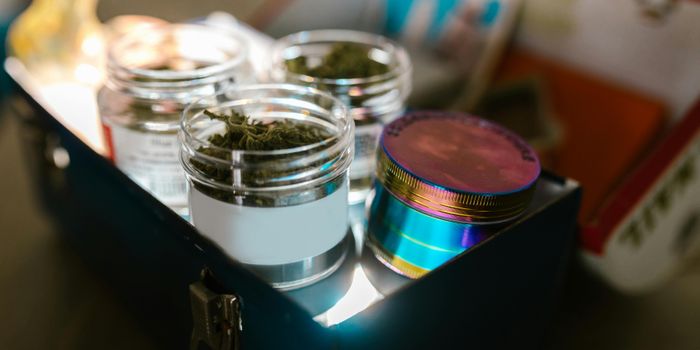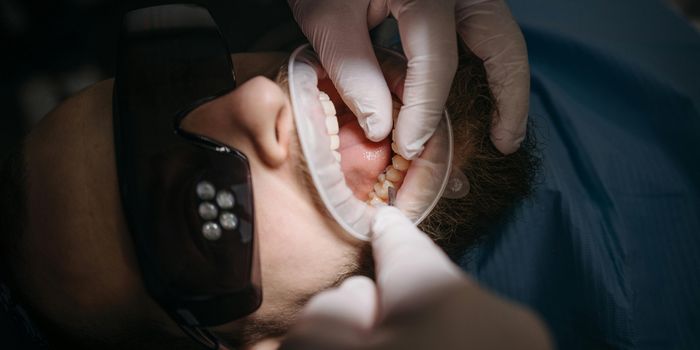Experimental Drug Prevents Cancer Relapse
One of the main challenges of cancer treatments is preventing the cancer from returning again—in essence stopping relapse. As part of a study, researchers found that a well-tolerated drug prevents relapse in mouse models.
Findings were published in Nature Communications and shows that the drug, Quisinostat, can block stop tumor re-growth and stop expansion of surviving human cancer cells in culture. Quisinostat works by elevating the protein levels of histone H1.0 within the tumor cells which prevents these cells from replicating.
"This drug works by disabling the cells that fuel long-term cancer growth and drive disease relapse. These early findings even suggest it may be more effective than commonly used drugs that inhibit tumor growth,” says Cristina Morales Torres, lead author and Principal Laboratory Research Scientist in the Cancer Epigenetics Laboratory at the Francis Crick Institute. "Further research is still needed to confirm whether this drug could prevent cancer coming back in people or if it could be used to control someone's disease long term."
When researchers examined the drug in mice, they found that it halted growth significantly. They tested it further on cancer cells taken from the breast, lung, and pancreases—results suggested that Quisinostat trapped the cancer cells in a non-dividing state.
Learn more about cancer biology:
Paola Scaffidi, co-author and Group Leader of the Cancer Epigenetics Laboratory at the Crick and Professorial Research Associate at the UCL Cancer Institute, says: "Just like stem cells that continuously produce progeny to keep our normal tissues healthy, cancer cells grow, divide and use energy. That's why finding a potential drug that halts tumour growth without hurting normal cells has been a challenge. Excitingly, with Quisinostat, we've seen no harm to healthy stem cells in our initial studies."
Source: Science Daily









